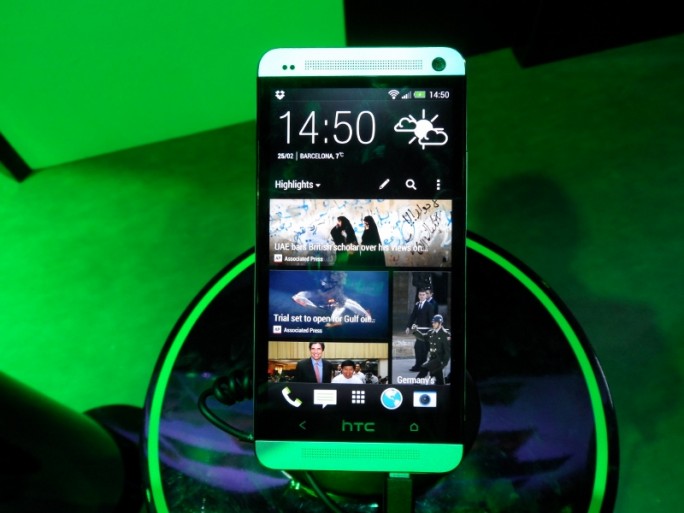A High Court judge may have confirmed that HTC is preparing to launch a successor to its current flagship HTC One smartphone between February and March 2014.
The revelation emerged during the HTC’s ongoing patent dispute with Nokia, which is seeking a sales ban on the popular handset in the UK after successfully proving it infringed a patent relating to the design of a modulator used to transmit data.
During the case, Nokia presented evidence of a device in development dubbed the ‘HTC One Two’, and since HTC’s defence lawyers chose not to contradict the Finnish firm’s claim, Judge Richard Arnold assumed it must be true.
HTC One sales ban
 He said the release window of the smartphone is crucial because HTC had argued that a sales ban on its most successful device during the Christmas period would be “catastrophic” and disproportionate given it infringed just one component out of hundreds.
He said the release window of the smartphone is crucial because HTC had argued that a sales ban on its most successful device during the Christmas period would be “catastrophic” and disproportionate given it infringed just one component out of hundreds.
Any sales ban would be a huge blow to HTC, which has received critical acclaim for the HTC One, but has not been able to translate this goodwill into sales, with the firm posting its first ever quarterly loss in October.
While Arnold said he was “skeptical” of this claim, he admitted there would be a period between now and the launch data of the new smartphone, which it could not be assumed would also infringe Nokia’s parent, during which HTC would be vulnerable.
However Nokia has been granted an injunction on the smaller HTC One Mini and the Windows Phone-based 8X and 8S smartphones, although HTC is appealing that decision. In theory, the devices should be removed from sale today, but HTC has agreed not to import the offending devices until the case is resolved, meaning it could run out of stock.
HTC Nokia battle
HTC had unsuccessfully argued that the technology had been deployed in processors purchased from Qualcomm, and said it did not need to acquire a license because of a US Federal law known as the ‘exhausted doctrine’, that states a patent owner cannot sue a party that subsequently resells the item. It also pointed out that Nokia had agreed not to sue Qualcomm about the matter.
However a High Court judge said this did not affect the rights gained by Nokia when it registered the patent in Europe, adding that HTC could not have acquired more protection than Qualcomm just by purchasing its products. In any case, the chips were purchased from Qualcomm in Taiwan, making the US law irrelevant.
Nokia, whose handset division is due to be bought by Microsoft for £4.6 billion, is also taking legal action in Germany, Italy, Japan and the US, and has also taken HTC to court for a number of other alleged patent infringements.
What do you know about the smartphones of 2013? Try our quiz!




